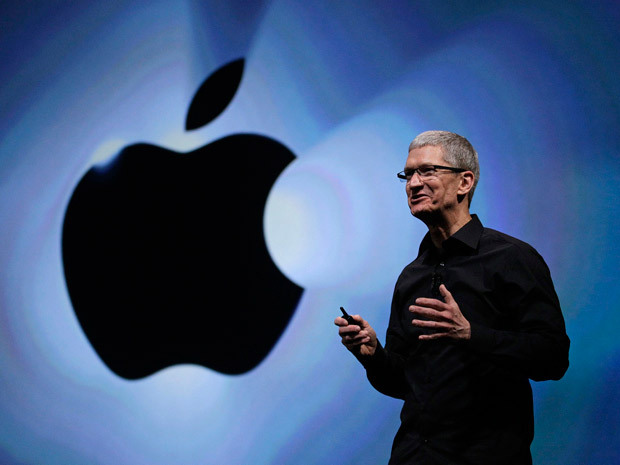
The U.S. Department of Justice, along with 16 state and district attorneys general, has filed an antitrust lawsuit against Apple, alleging that the company holds an illegal monopoly in the smartphone market, violating Section 2 of the Sherman Act.
What’s the complaint about?
The complaint states that Apple maintains this monopoly by imposing contractual restrictions on developers and withholding critical access points, hindering competition and innovation.
Apple allegedly uses its monopoly power to extract more money from consumers, developers, and various businesses. The lawsuit aims to restore competition in these markets for the benefit of the public.
The complaint lists several anticompetitive behaviors by Apple, including:
- Blocking Innovative Super Apps: Apple restricts apps with broad functionality, hindering competition between smartphone platforms.
- Suppressing Mobile Cloud Streaming Services: Apple blocks cloud-streaming apps, forcing users to buy expensive hardware.
- Excluding Cross-Platform Messaging Apps: Apple degrades cross-platform messaging to keep users tied to iPhones.
- Diminishing Non-Apple Smartwatches: Apple limits third-party smartwatches, forcing users to stick with iPhones.
- Limiting Third-Party Digital Wallets: Apple prevents tap-to-pay functionality in third-party apps, hindering cross-platform digital wallets.
The lawsuit claims Apple’s alleged monopoly extends into several markets beyond smartphones, impacting web browsers, video communication, news subscriptions, and more.
The filing also noted that Apple Inc., headquartered in Cupertino, California, generated $383 billion in annual net revenues and $97 billion in net income in fiscal year 2023, making it one of the most profitable companies globally.
Response from the Justice Department
Acting Associate Attorney General Benjamin C. Mizer emphasizes the importance of combating anticompetitive practices to protect consumers and promote innovation.
Assistant Attorney General Jonathan Kanter states that the lawsuit aims to prevent Apple from repeating its alleged unlawful actions in other critical markets.
Apple’s Defense
In response to the lawsuit, in a statement provided to MacRumors, Apple has denied the allegations, stating that the lawsuit is based on incorrect facts and laws.
The company vows to defend itself “vigorously”, arguing that the lawsuit threatens its ability to innovate and sets a dangerous precedent for government intervention in technology design.
Speaking about the antitrust laws, Attorney General Merrick B. Garland, said:
We allege that Apple has maintained monopoly power in the smartphone market, not simply by staying ahead of the competition on the merits, but by violating federal antitrust law. Consumers should not have to pay higher prices because companies violate the antitrust laws.
If left unchallenged, Apple will only continue to strengthen its smartphone monopoly. The Justice Department will vigorously enforce antitrust laws that protect consumers from higher prices and fewer choices. That is the Justice Department’s legal obligation and what the American people expect and deserve.
